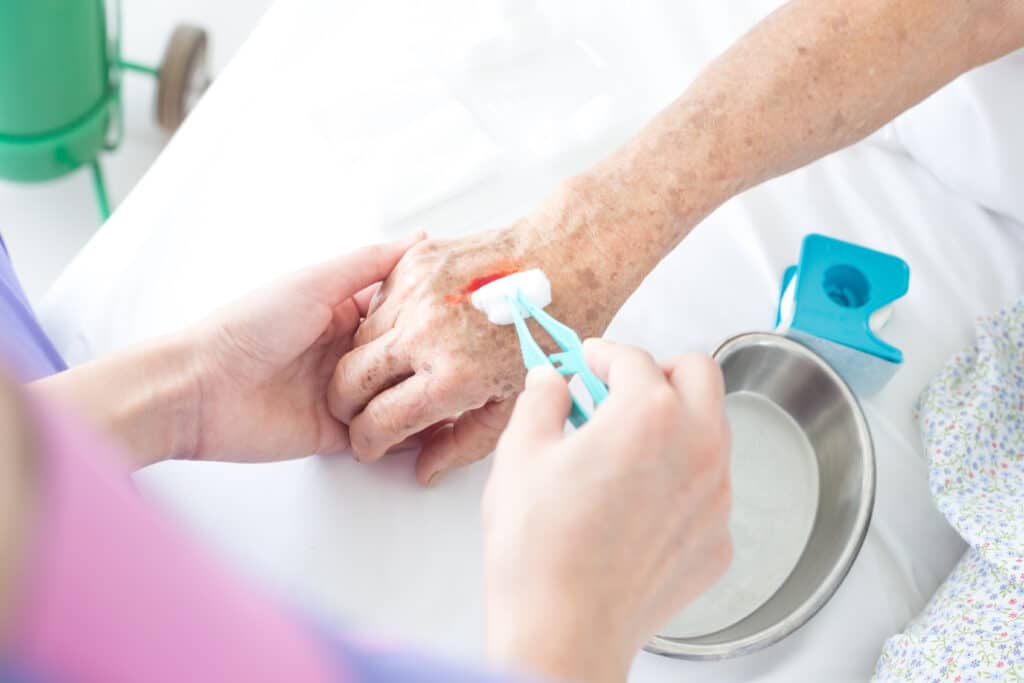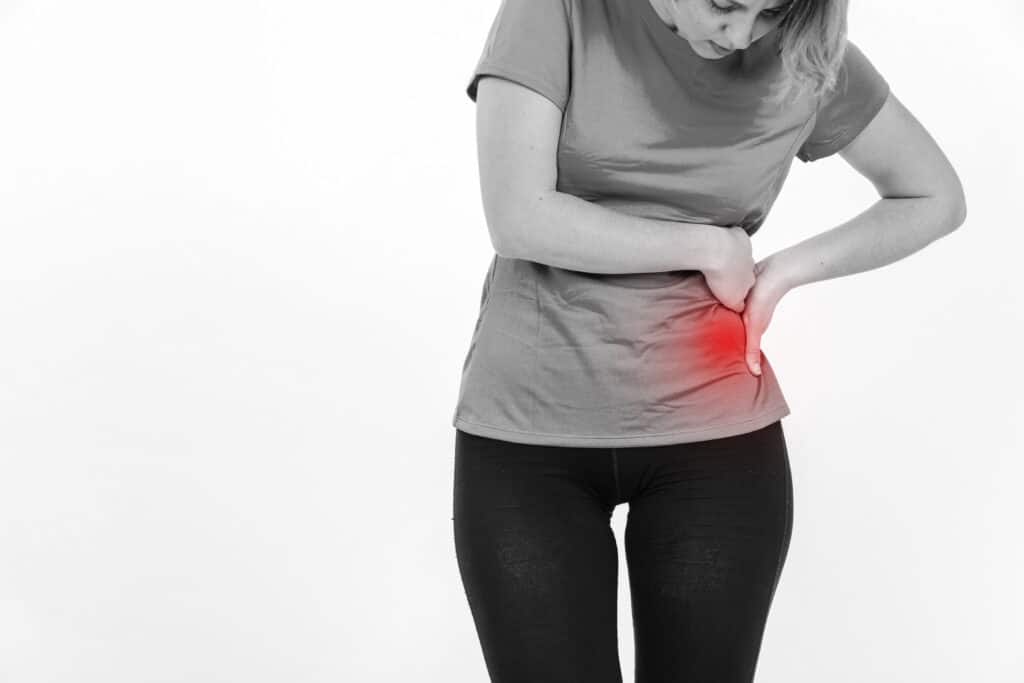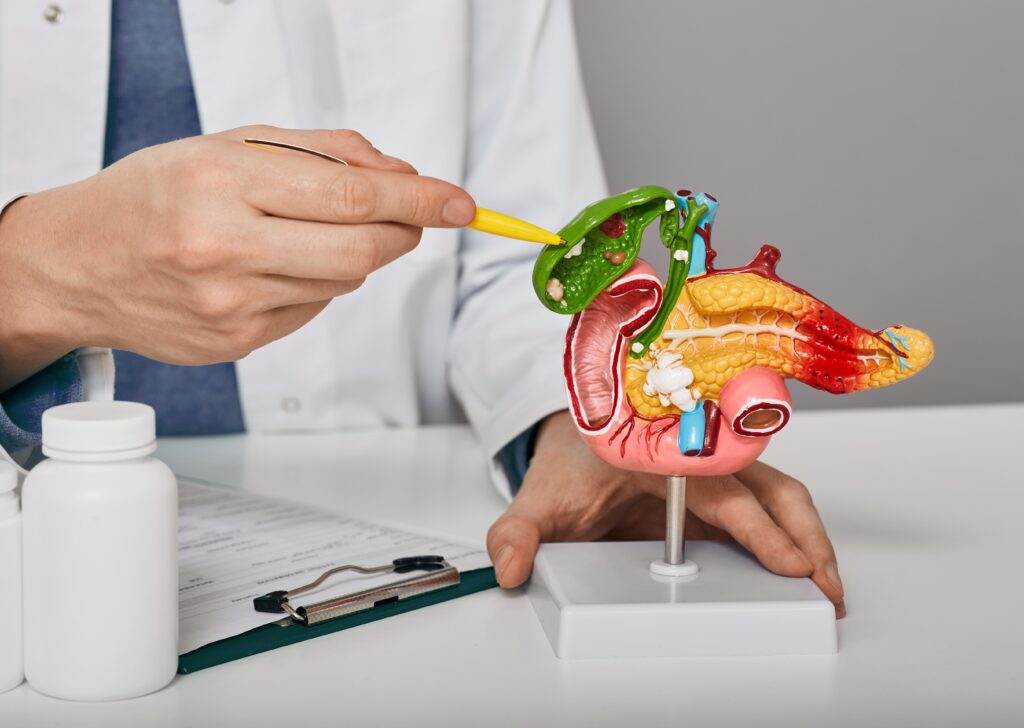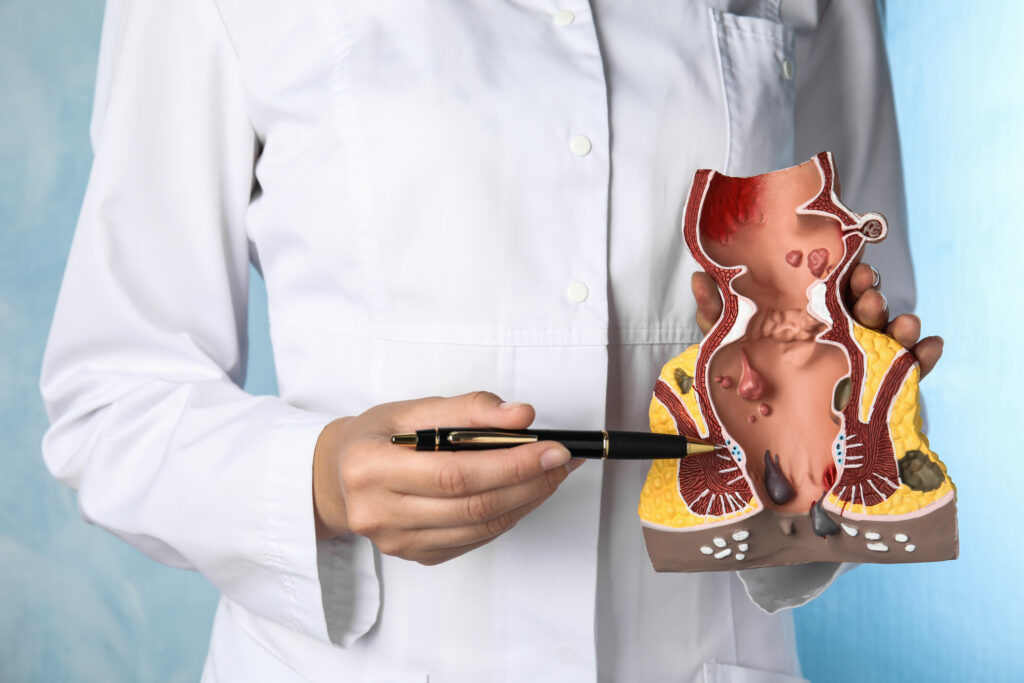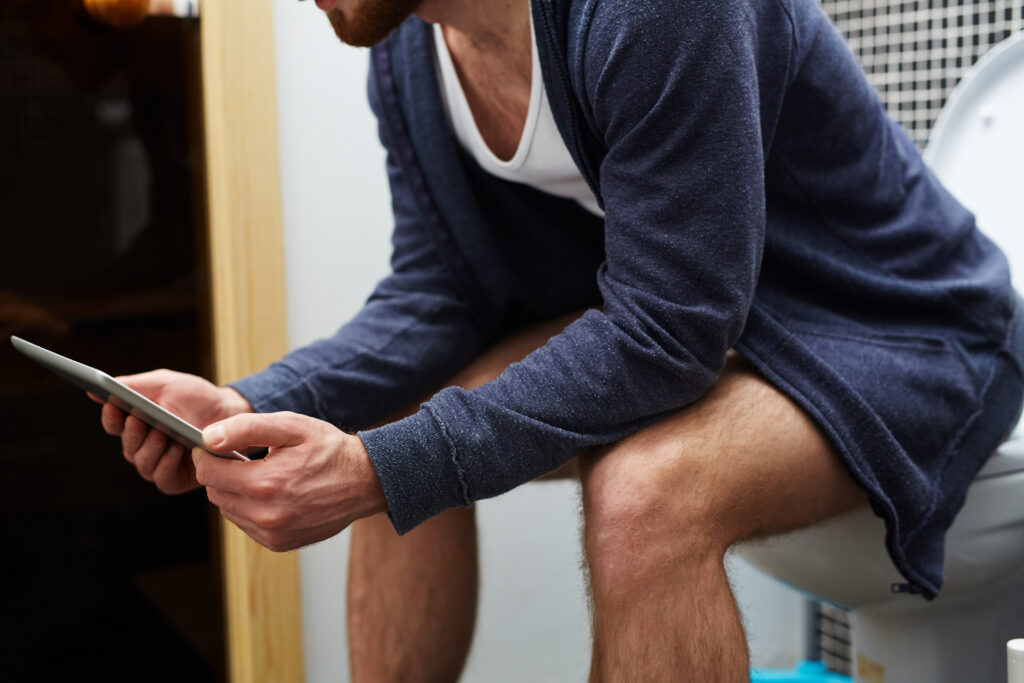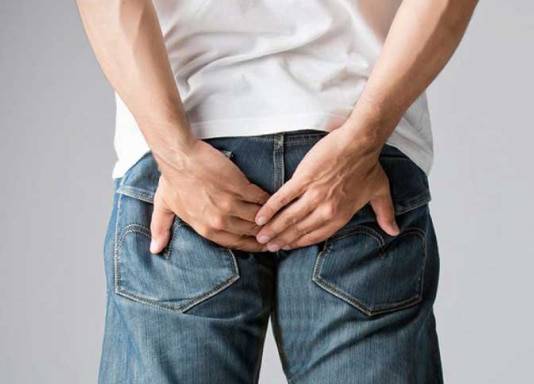Anal Fissures: Understanding Causes and Effective Non-Surgical Treatment
Anal fissures are a common but often overlooked condition that can cause significant discomfort. While many people hesitate to seek medical care due to embarrassment, timely diagnosis and the right anal fissure treatment can relieve symptoms and prevent complications. At German Medical Center, our specialists provide safe and effective care, focusing on non-surgical methods whenever possible.
What Are Anal Fissures?
An anal fissure is a small tear in the lining of the anus. This tear often leads to pain during bowel movements, itching, and occasional bleeding. Though the condition is not life-threatening, untreated fissures can become chronic and significantly impact quality of life.
Common Causes of Anal Fissures
Understanding the underlying causes is key to choosing the right treatment for anal fissures. The most frequent causes include:
- Passing hard or large stools
- Chronic constipation or diarrhea
- Straining during bowel movements
- Childbirth trauma in women
- Conditions like Crohn’s disease or inflammatory bowel disease
By addressing these root causes, physicians can reduce recurrence and promote long-term healing.
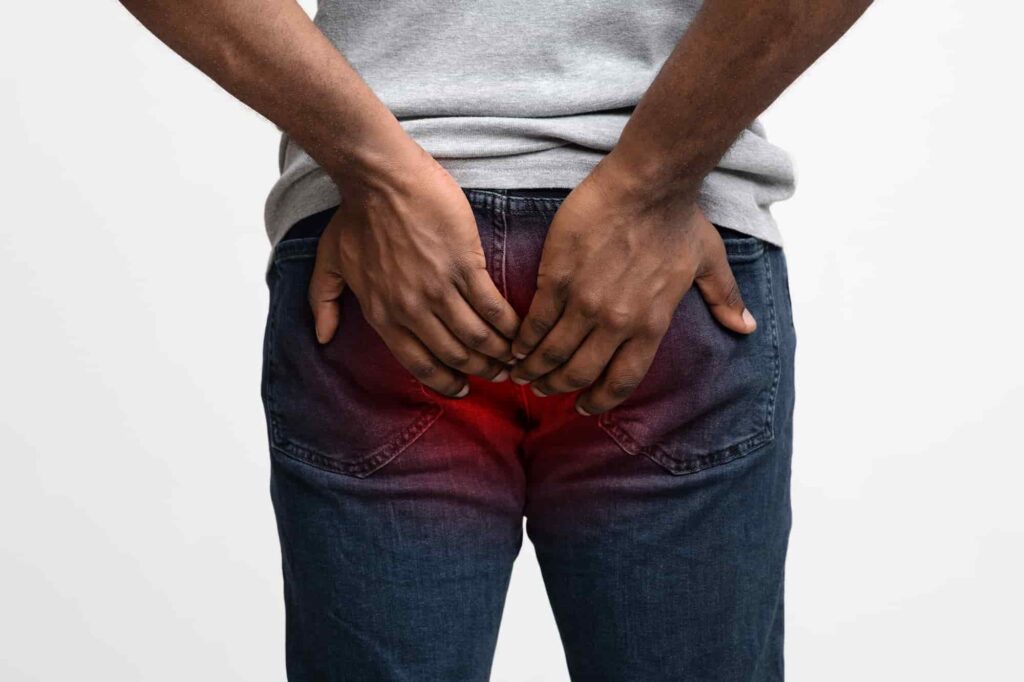
Symptoms You Shouldn’t Ignore
If you notice any of the following, it may be time to consult a specialist:
- Sharp pain during or after bowel movements
- Visible blood on toilet paper or in the stool
- A small visible crack or tear in the skin around the anus
- Persistent itching or discomfort
Early detection improves the success of non-surgical anal fissure treatment.
Non-Surgical Treatment Options for Anal Fissures
Surgery is not always necessary. At German Medical Center, our team emphasizes conservative care. Here are the most effective non-surgical approaches:
1. Lifestyle and Dietary Changes
- Increasing fiber intake through fruits, vegetables, and whole grains
- Drinking sufficient water to soften stools
- Avoiding straining during bowel movements
2. Medications and Topical Treatments
- Prescription creams to relax the anal sphincter and improve blood flow
- Pain-relieving ointments to reduce discomfort
- Stool softeners to prevent hard bowel movements
3. Warm Sitz Baths
Soaking in warm water for 10–15 minutes several times a day can relax muscles and improve healing.
4. Botox Injections
In some cases, Botox is used to temporarily relax the anal muscles, promoting healing without surgery.
Why Choose German Medical Center for Anal Fissure Treatment?
Our experienced proctologists provide personalized care tailored to your condition. At German Medical Center, we focus on patient comfort, privacy, and long-term recovery. With advanced diagnostic tools and evidence-based therapies, we help patients achieve relief without invasive procedures.
When Is Surgery Considered?
If conservative anal fissure treatments do not provide relief within a few weeks, surgical options such as lateral sphincterotomy may be discussed. However, most patients experience improvement with non-surgical care.
Taking the First Step Toward Healing
Living with anal fissures can be painful and stressful, but you do not have to suffer in silence. With proper medical care and guidance, effective recovery is possible.
At German Medical Center, our specialists are here to guide you through every step of your healing journey. If you are experiencing persistent anal pain or bleeding, schedule a consultation today and explore your non-surgical anal fissure treatment options.



